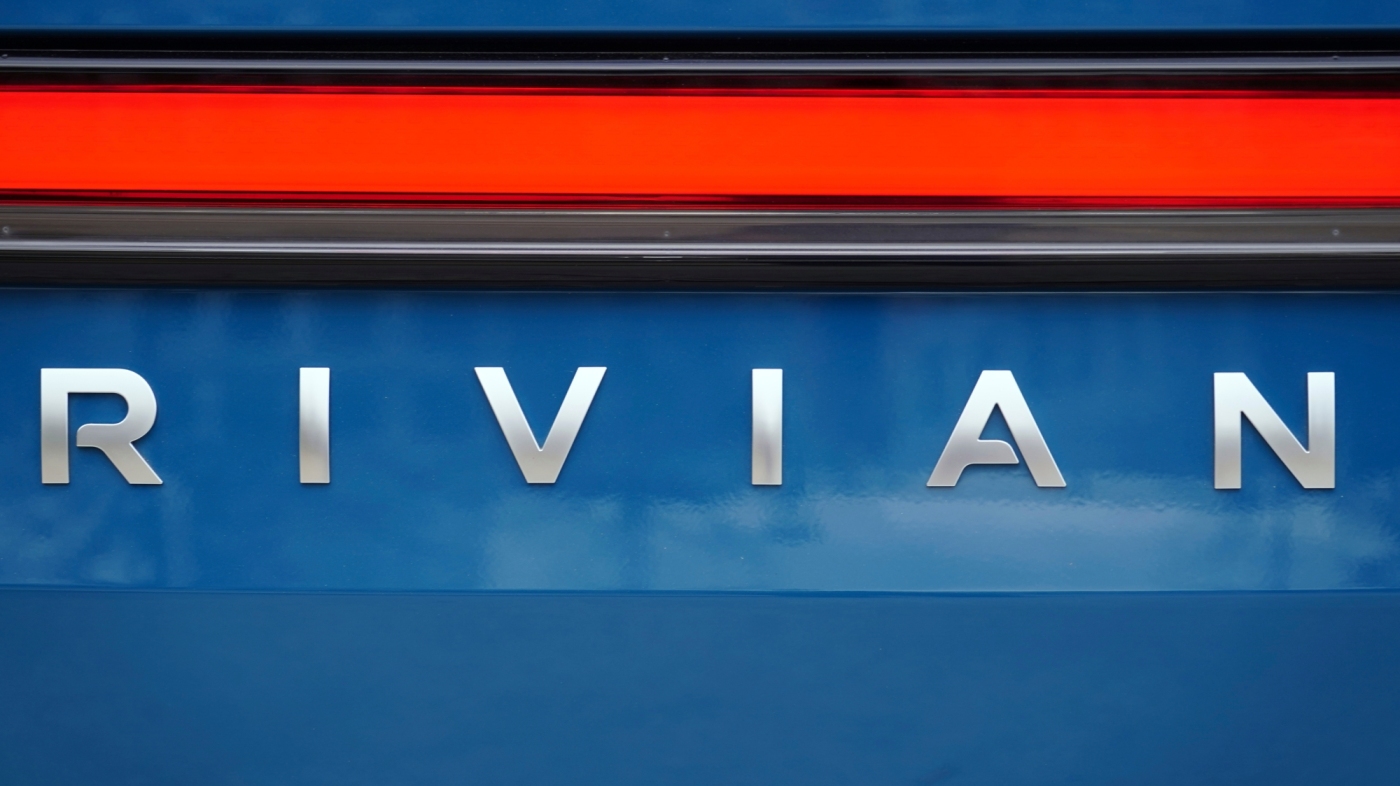By Ed Ludlow and William Wilkes | Bloomberg
Rivian Automotive in Irvine is shelving plans to jointly build electric vans in Europe with Mercedes-Benz AG, aborting a deal signed just three months ago to share costs and technology.
Rivian will no longer pursue the memorandum of understanding signed with the German automaker in September to invest in and jointly operate an existing Mercedes plant, the US company said in a statement Monday. Mercedes said separately that the factory it was going to share with Rivian in Jawor, Poland, will produce medium and large vans that will hit the market in 2025.
“At this point in time, we believe focusing on our consumer business, as well as our existing commercial business, represent the most attractive near-term opportunities to maximize value for Rivian,” Chief Executive Officer RJ Scaringe said in Rivian’s statement.
Walking away from an agreement that would have eased the path to entering a new market represents another setback to Rivian’s ambitions to challenge Tesla for electric vehicle leadership.
After staging one of the biggest US initial public offerings ever just over a year ago, the company flagged that its factory would only produce half the number of vehicles it has capacity to build this year, due to supply chain issues.
Rivian’s also had to cut jobs and recall almost all the EVs it delivered to customers. Effective in early October, the company laid off 143 people at its Irvine headquarters and another 97 in Santa Clara County.
Rivian shares fell as much as 4.6% as of 9:35 a.m. Monday in New York, while Mercedes traded down 1% in Frankfurt.
Poland plans
Mercedes saw partnering with Rivian as a chance to share tech and investment with an upstart as it electrifies its van lineup. While it will still invest in making vans at its Jawor plant that’s been producing combustion engines and batteries, further expansion to make room for Rivian is now on hold.
“Our collaboration with the Rivian team has been based on a common engineering passion and a strong spirit of partnership,” Mathias Geisen, the head of Mercedes-Benz Vans, said in a statement. “That’s why I respect and understand the decision of Rivian to prioritize the delivery of their consumer business and existing commercial business in the near-term.”
Rivian makes two models for consumers — the R1T pickup and R1S sport utility vehicle — and has a deal to build 100,000 electric delivery vans for Amazon.com Inc., one of its biggest shareholders. Its lone factory is in Normal, Illinois, and it’s planning to spend $5 billion on a new plant near Atlanta.
Earlier breakup
This isn’t the first time Rivian has had a partnership with an established carmaker fall apart.
Plans to build EVs with Ford Motor Co. — one of Rivian’s big early financial backers — were abandoned in November 2021, shortly after the IPO. Ford pared back its investment in Rivian in the following months.
When the preliminary deal with Mercedes was first announced in September, it sent Rivian shares up 11%, their biggest gain in four months. The EV maker’s stock was down 74% this year through Friday’s close.
Mercedes and Rivian said they’re keeping the door open to working together at a later date.
“We share the same goal as Mercedes-Benz Vans, to help the world transition to electric vehicles, and we look forward to exploring opportunities with them at a more appropriate time for Rivian,” Scaringe said.





